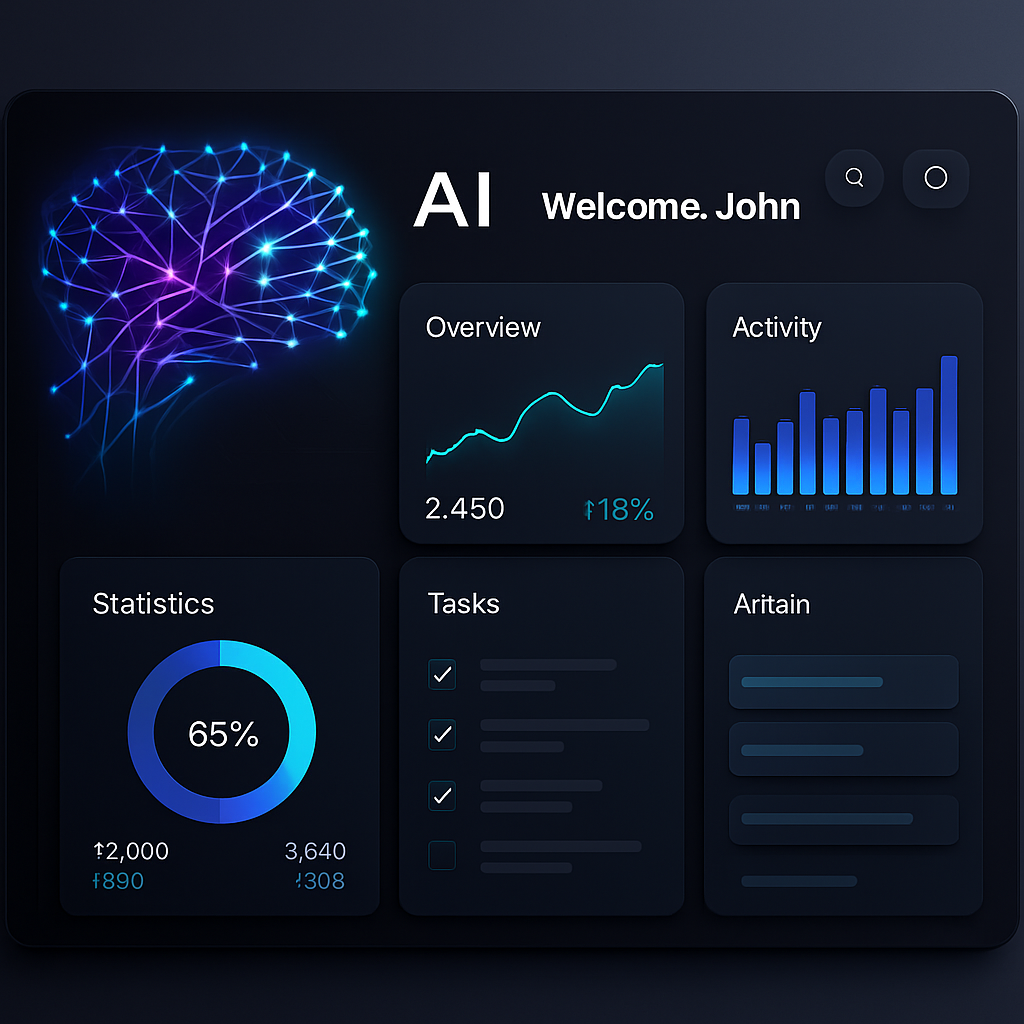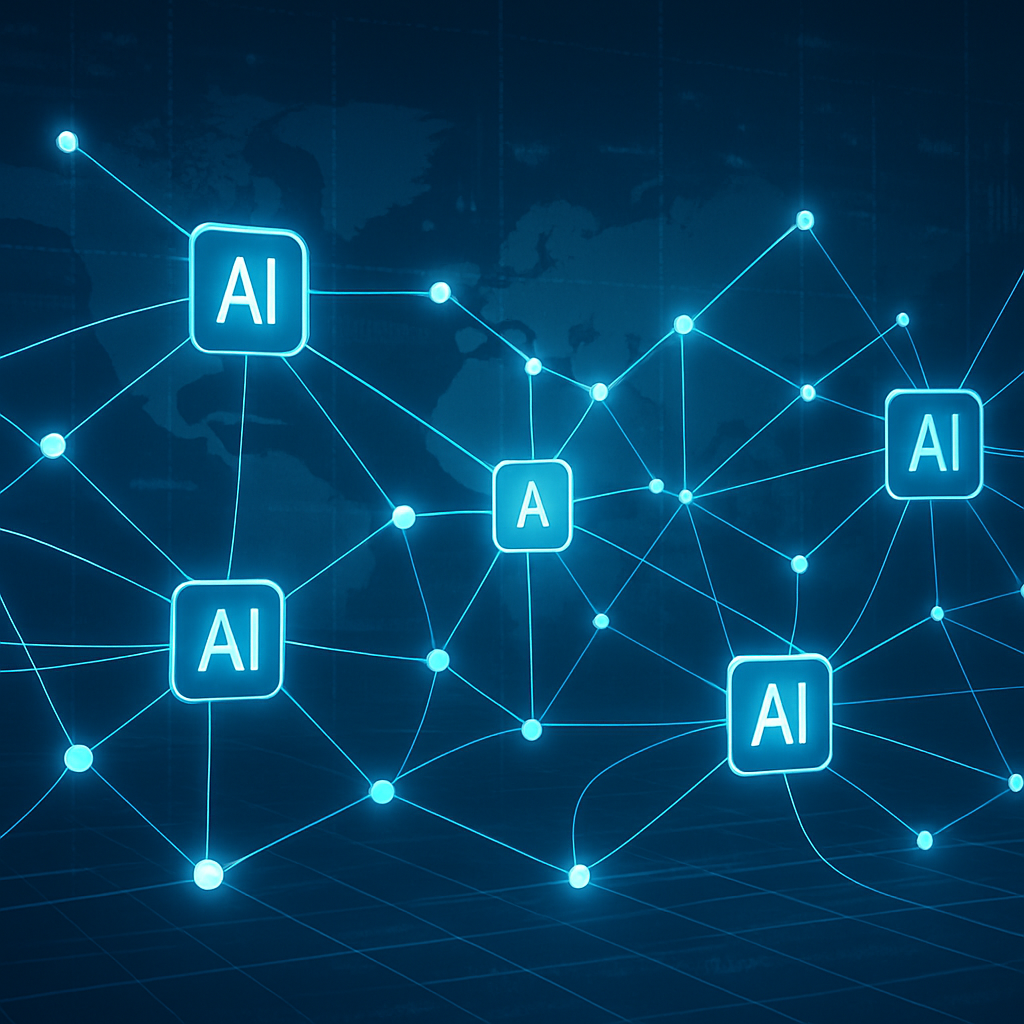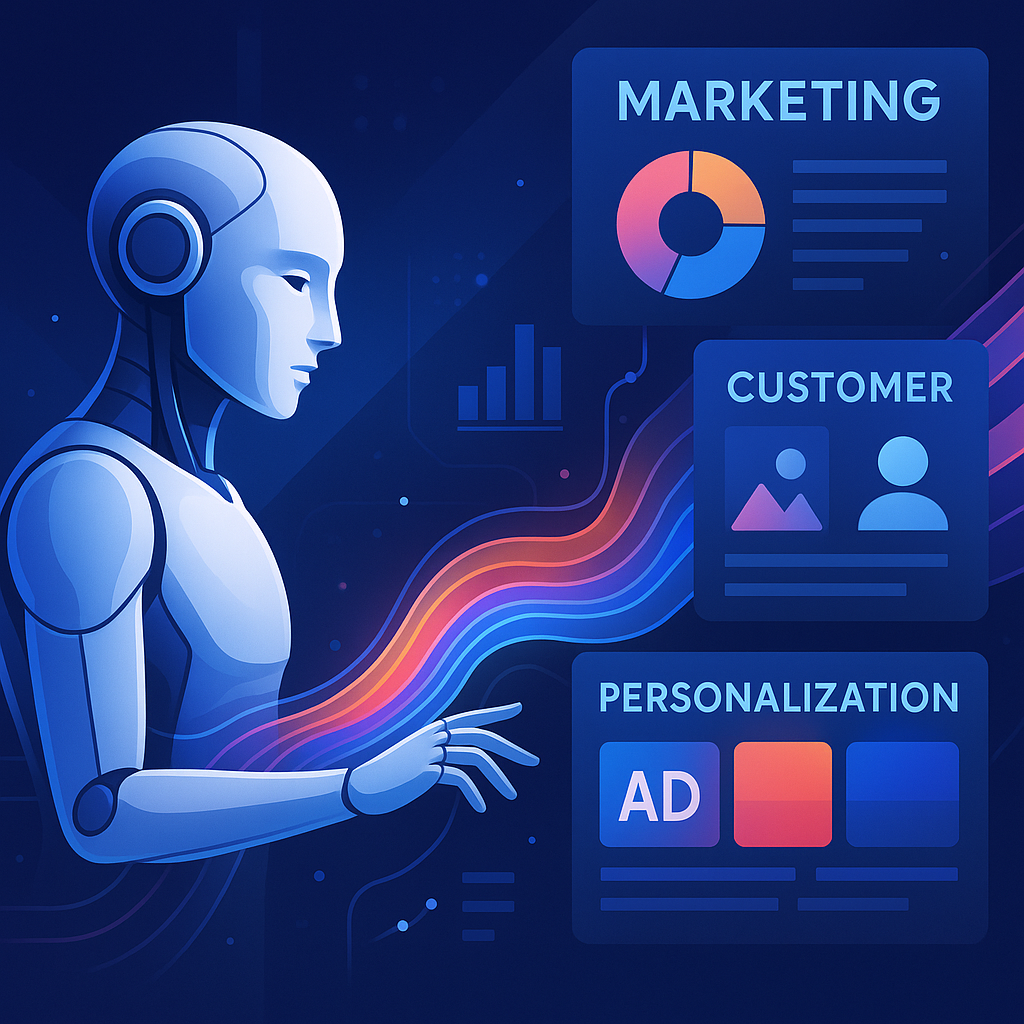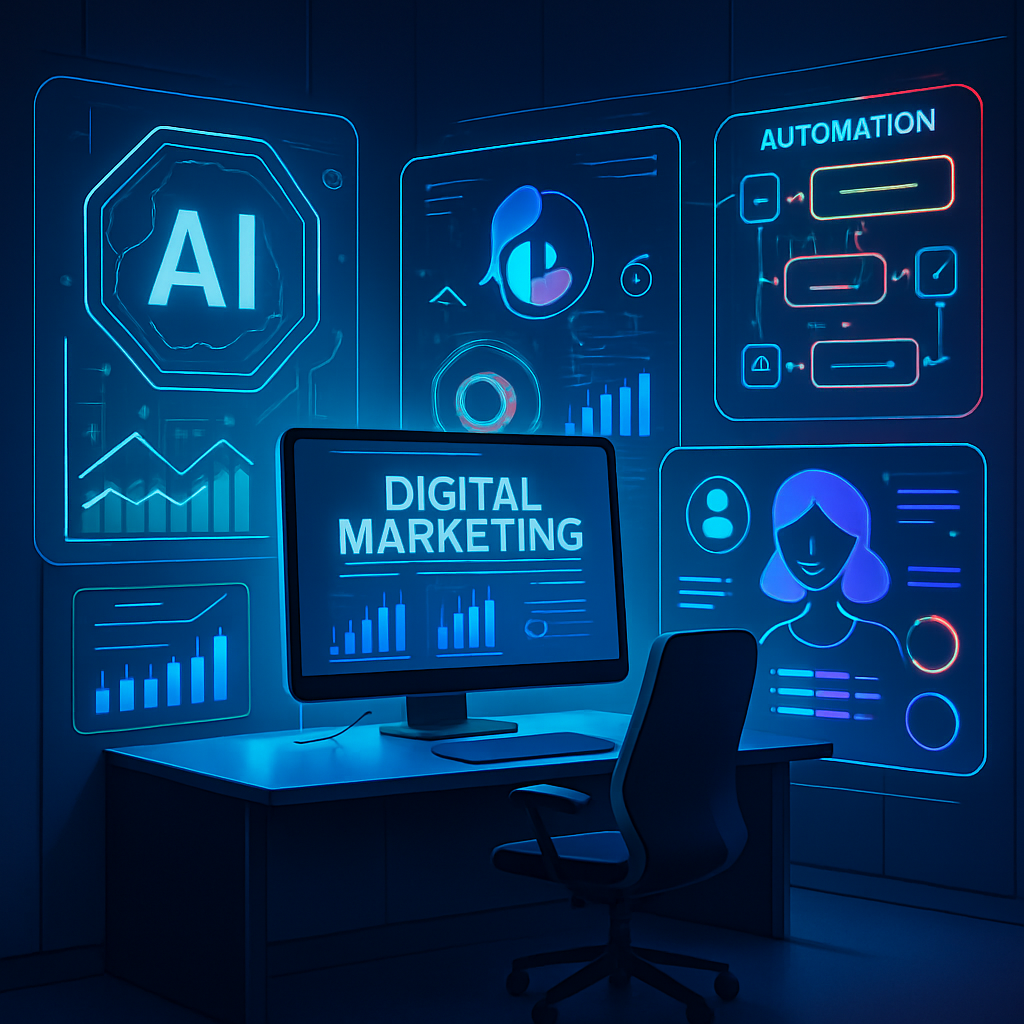
How AI-Driven Tailored Software is Revolutionizing Personalized User Experiences in 2024
The Dawn of AI-Driven tailored software
As we progress further into 2024, the digital landscape is witnessing a profound shift. The merger of artificial intelligence with bespoke software development has carved a new frontier—one where software adapts dynamically to individual needs, preferences, and behaviors. Tailored software powered by AI isn't just an upgrade; it's revolutionizing the concept of personalization itself.
Understanding Tailored Software in the Context of AI
Tailored software, unlike one-size-fits-all applications, is designed with specific user groups or even individuals in mind, delivering uniquely fitted functionalities rather than generalized features. When fused with AI, such software transcends static customization. It continuously learns from user interactions, evolving autonomously to enhance relevance and usability without constant manual updates.
Key Innovations Driving Personalized Experiences
1. Adaptive User Interfaces
Modern AI-powered tailored software frequently employs adaptive user interfaces (UIs) that dynamically adjust layout, content, and interaction modalities based on real-time user data. For instance, educational platforms now intelligently modify lesson formats according to a learner’s pace, comprehension, and engagement levels, creating a uniquely effective learning environment for each student.
2. Predictive Personalization through Machine Learning
Machine learning algorithms analyze vast datasets of user behavior to anticipate needs and preferences before explicit input. E-commerce platforms utilize this by suggesting products tailored to shifting tastes, seasonal changes, and even emerging trends detected through AI analysis, leading to dramatically increased engagement and conversion rates.
3. Context-Aware Experiences
Advanced AI models enable software to consider context—such as location, time, device, or emotional state—to deliver highly relevant experiences. Health and wellness apps exemplify this by adjusting fitness plans or dietary recommendations based on users’ current conditions and objectives, increasingly acting as personalized coaches rather than simple trackers.
Practical Examples Making an Impact in 2024
Healthcare: Precision Patient Portals
AI-driven tailored portals are revolutionizing patient interactions by integrating medical histories, real-time vitals, and lifestyle data. Patients receive customized treatment reminders, preventative care alerts, and even virtual consultations tailored precisely to their condition, vastly improving adherence and health outcomes.
Financial Services: Intelligent Wealth Management Platforms
AI-enabled platforms offer personalized investment advice by analyzing individual risk appetites, life goals, and market conditions. These platforms automatically rebalance portfolios and send real-time notifications on opportunities or risks, democratizing access to sophisticated wealth management once reserved for high-net-worth individuals.
Enterprise Software: Dynamic Workflow Automation
Business software now uses AI to tailor workflows and task automation according to employee roles, project specifics, and evolving company priorities. For example, sales teams receive intelligently prioritized lead lists, while customer support interfaces surface contextually relevant knowledge bases, boosting productivity and satisfaction.
The Role of Deep Learning and Natural Language Processing
Deep learning models have significantly enhanced the ability of AI to analyze complex patterns in user data, enabling nuanced personalization at scale. Meanwhile, advances in natural language processing (NLP) allow tailored software to interpret and respond to human language in a way that feels natural and personalized, whether through chatbots, voice assistants, or email interactions.
Challenges and Considerations
Despite remarkable progress, AI-driven tailored software faces important challenges:
- Privacy Concerns: Collecting extensive user data for personalization raises ethical questions and requires stringent compliance with regulations like GDPR and CCPA.
- Bias and Fairness: AI must be carefully designed to avoid perpetuating biases, ensuring personalization is equitable for diverse user groups.
- Complexity of Implementation: Developing and maintaining AI-enhanced tailored software demands significant expertise and resources, potentially limiting adoption among smaller organizations.
Looking Ahead: The Future of Personalization
Looking beyond 2024, AI-driven tailored software will continue to evolve towards even deeper personalization powered by multimodal AI—integrating visual, textual, auditory, and behavioral data to produce truly holistic user experiences. Emerging concepts like artificial consciousness may usher in software that understands and anticipates human needs with unprecedented subtlety.
Ultimately, this revolution in personalized user experience heralds a future where software not only serves but seamlessly integrates into daily life, learning and evolving alongside each user to deliver unmatched value and engagement.







